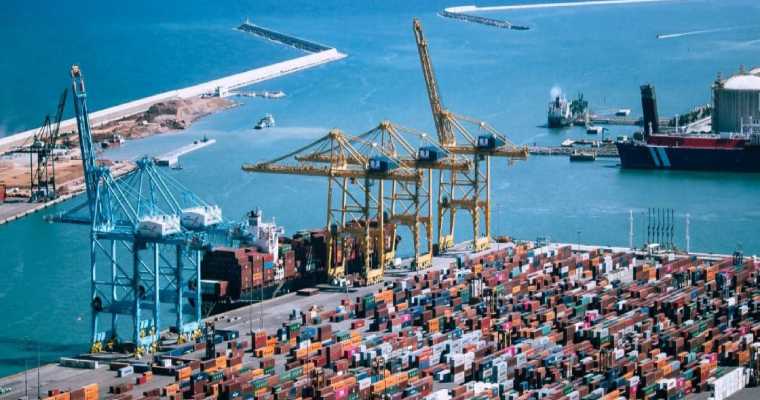
European port congestion to last until July, disrupting global shipping routes
Posted on May 28, 2025 |
Northern European ports, including Antwerp, Rotterdam, Hamburg, and Bremerhaven, are facing heavy congestion, which is expected to continue into July.
Vessel wait times range from a few days to two weeks due to operational delays and global trade disruptions.
Key reasons are strikes, such as the nationwide strike on May 20th in Antwerp, which caused severe backlogs, low water levels in the Rhine, reducing barge transport capacity, and high yard utilization, limiting container movement at terminals.
Shipping lines are rerouting vessels, adding congestion surcharges,and restricting the return of empty containers.
An early transpacific peak season is worsening the situation, with shippers rushing cargo movement due to a temporary pause in US-China tariffs.
Congestion is spreading globally, with delays also seen at ports in China (Shanghai, Shenzhen) and the US (Los Angeles, New York).
Emergency steps like adjusting berth priorities and limiting export deliveries are being used to manage the crisis, but these are also causing longer transit times.





